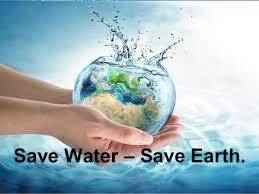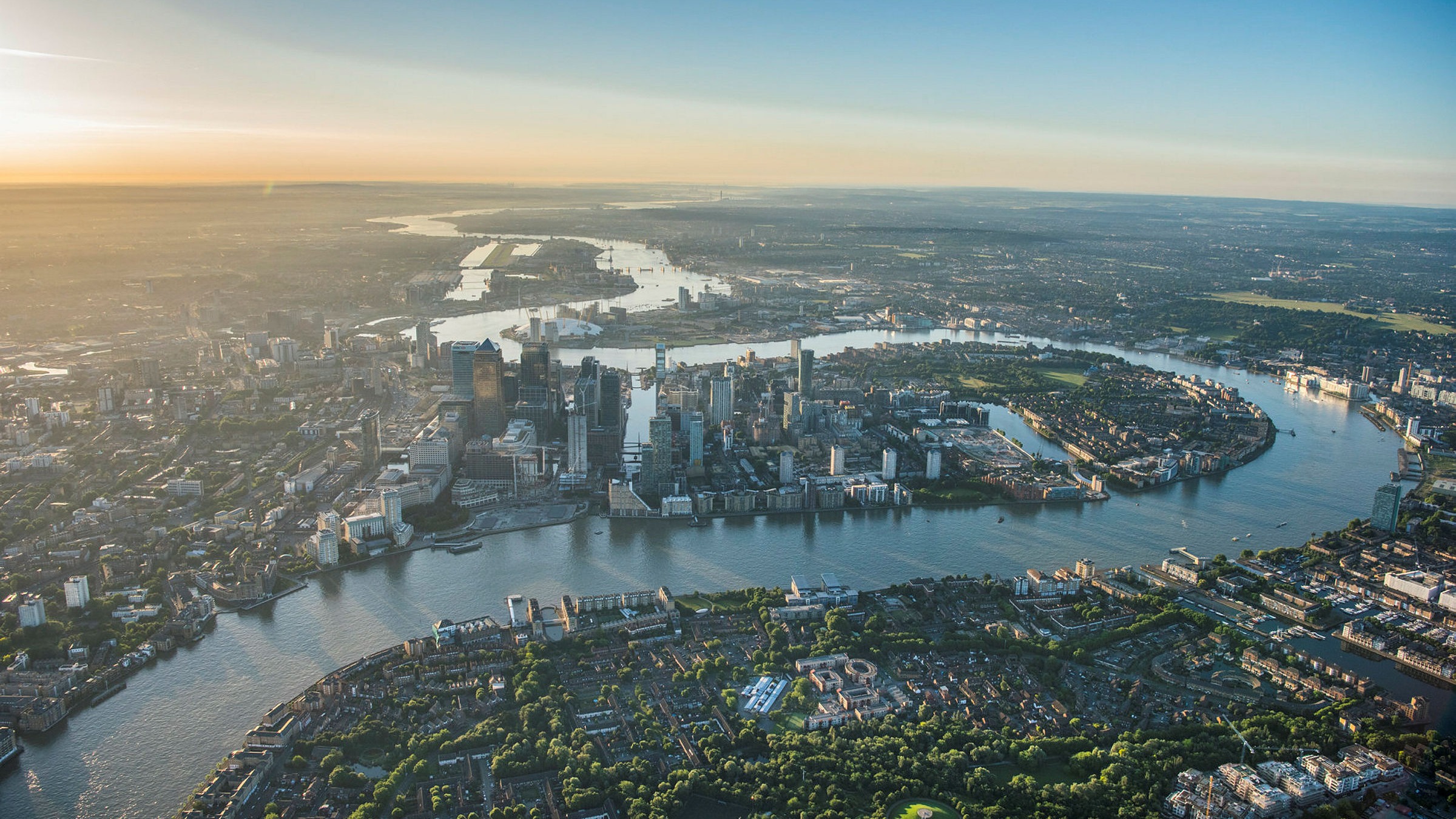"It is like walking across the Savannah in Africa because it's so arid and so dry," exclaimed David Gibbons. The 60-year-old retiree has been walking with his wife and friends along the length of the Thames Path from the estuary to the source.
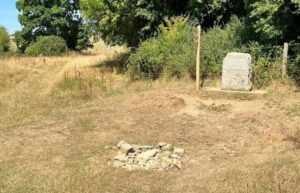
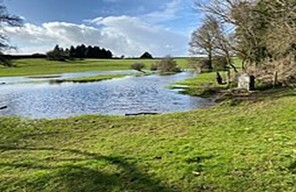
And that is not an exaggeration.
Source of the Thames River, one of the top five waterways in the world, has drifted away nearly 8kms downstream from Kemble, Gloucestershire, to beyond Somerford Keynes.
The above two pictures are testimony to the fact that the river source has indeed dried up so much that there is no sign of aquatic life for 10 miles, according to experts. Instead of lush green meadows and meandering streams that once marked the source of the majestic river, people now are greeted with a parched and cracked riverbed.
The Rivers Trust director of Science and Policy Dr Rob Collins warns that this phenomenon is "not natural."
His sentiment is echoed by other experts, all of whom firmly believe that Nature is sending us a grave signal - we are heading towards a climate disaster.
The question now arises, what is causing the river to dry?
Climate scientists list down three reasons:
- Lack of rain: The UK Met Office has already declared July as the driest for England since 1935, with rainfall averaging around 23.1 mm against an average of 1,071 mm in 2021. While some Britons are looking forward to European weather as a welcome respite from the usually wet British weather, it is time to wake up and take stern action. The prospect of a severe drought looming large is likely to have a devastating impact on aquatic life.
To stem the rot, water agency Yorkshire Water in northern England has decided to implement a hosepipe ban on households wef 26th Aug’22 to reduce water consumption. The other utility firm Thames Water supplying catering to around 15 million people across London and southeast England too is planning to ban the usage of hosepipes and sprinkler systems.
- Climate change: According to the UK Met Office, Britain experienced the hottest temperature ever on July 19 with 40.2 C recorded at London's Heathrow Airport. If it signals an extremely hot summer for 2022, then let me remind you that this heat wave comes after a record-breaking drought in 2018 followed by devastating floods in 2020.
This drastic shift in weather between extremes signals climate change. Our fears are not unfounded, as Alisdair Nulls, an engagement officer at the Rivers Trust believes that these extreme weather events are the new normal.

- Lack of awareness: Despite the climate crisis looming large on the country, Brits still appear to remain oblivious to the fact that there is a need for urgent action. As a result, they continue to burn fossil fuels, the primary contributor to carbon gas emissions. This apart, the callous use of water – running taps, leaking faucets, sprinklers left on overnight and rampant use of hosepipes, should now be a thing of the past.
Painfully, it is not just individuals, even River Agencies are contributing to the wastage of water in alarming proportions in the form of leaking pipes. Additionally, Thames Water has come under severe criticism for delaying a £250m desalination plat launched 12 years ago. This plant at Beckton set up to supply water to around 1 million households during dry spells is not expected to be operational not before next year at the earliest.

The above discussion proves beyond doubt that there is no time for further delay. Instead, the nation should wake up. While the River agencies are gearing up to announce hosepipe bans on households, they need to pull up their socks by implementing accelerated metering and reduction in leakage.
They are also advising households to reduce water consumption by installing low-flow toilets and water butts and practising sustainable drainage including rain gardens, wetlands and permeable paving to build local stores of underground water. In addition, rainwater harvesting measures should be adopted, wherever possible.
Experts also advise that Britons need to reduce their daily individual consumption of fresh water from the current average of 143 litres to 100 litres. Fortunately, this is not as difficult as it sounds. Small lifestyle changes can achieve this number. For example:
- Fixing leaking pipes as promptly as possible
- Turning off the tap when brushing teeth or rinsing fruits and vegetables
- Taking shorter showers and
- Resisting the urge to water yellowing lawns can go a long way in reducing water consumption
In fact, studies have proved that using a dishwasher instead of hand washing dishes in the sink can save as much as 7000 litres of water every year.
While reading this article, if you are wondering what’s going wrong in England, let me draw your attention to the fact that levels of the River Rhine touched a new low on 12th Aug’22 due to the ongoing drought in Germany and elsewhere in Europe. Sadly, this has far-fetched effects as it is jeopardizing the movement of ships ferrying coal, petrol, wheat and other essential commodities amid a raving energy crisis fueled by the Russia-Ukraine conflict. To fathom the depth of this crisis, consider the stat that a ship can usually carry about 1,000 tonnes of wheat, which otherwise would require about 40 lorries to be transported by land.
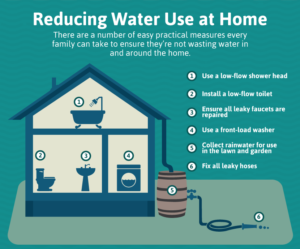
The writing is on the wall. As Greta Thunberg, the 16-year-old climate activist from Sweden succinctly puts it, “…People are suffering. People are dying. Entire ecosystems are collapsing. We are at the beginning of a mass extinction…”
The only way to reverse the trend is to resort to the age-old saying that every drop counts. So, every individual contribution matters; how small that may be. It is important to make a beginning to save our planet, if not for us, at least for future generations.
Else, we shall be left speechless when youngsters like Greta declare that "We will not let you get away with this. Right here, right now is where we draw the line. The world is waking up. And change is coming, whether you like it or not.”
It is now or never…
